
OR
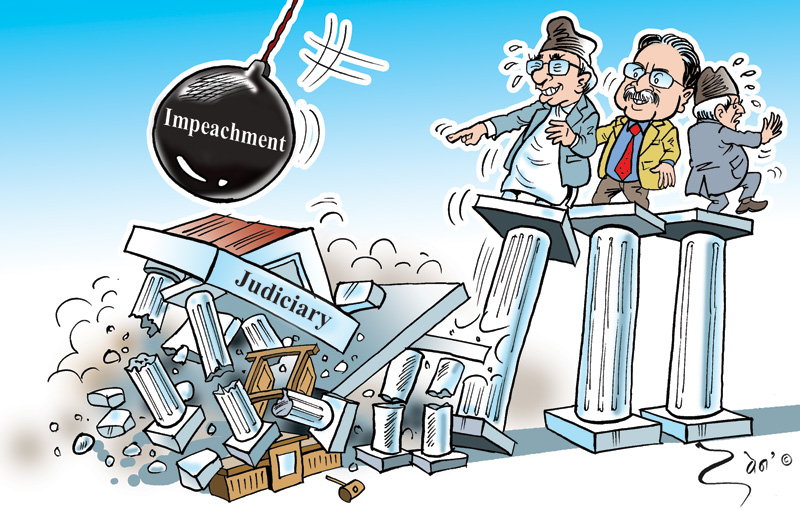
More from Author
If the impeachment motion had not been halted, it could have emboldened politicians to be even more profligate and tyrannical
Justice has prevailed after the Supreme Court on Friday stayed the impeachment motion against Chief Justice Sushila Karki, who had been suspended after the parliamentary motion. She has resumed her duties and with it, the dispute over the meddling of the parliament in the judiciary has also come to an end for now. However, this episode indicates a serious conflict between the three organs of the state.
The ruling coalition initiated impeachment against Chief Justice Karki based on a sub-judice court case. They had no substantive prima facie evidence. Yet the ruling Nepali Congress and Maoist Center decided to press ahead with impeachment, even while the main opposition, CPN-UML, with nearly one-third parliament members, vowed to foil it.
Nepali Congress and Maoist party accused CJ Karki of, among other things, encroaching upon the jurisdiction of the executive, ignoring evidence while giving her verdict on IGP appointment case and failing to honor the independence of the judiciary. They could not find any substantial evidence to back these charges. What they did succeed in was strangulating the justice delivery system and putting the justice delivery mechanisms under perpetual fear of prosecution. This was no bravery.
Virtually no one welcomed the impeachment decision. Home Minister Bimalendra Nidhi resigned over this issue. Even lawmakers from Nepali Congress have stood against the motion. Some have even accused party leadership of misusing their signatures. This shows our political parties take signatures of their lawmakers in advance without letting them know where and for which purpose those signatures will be used. This reminds one of Panchayat era where the king would keep the resignation letter of prime minister ready. Sher Bahadur Deuba, Pushpa Kamal Dahal and other leaders are acting much like kings during the Panchayat rule.
Though Justice Cholendra Shamsher Rana, through his later verdict, reinstated suspended Chief Justice Karki, the verdict in itself is not free of controversy. It can be interpreted as the judiciary interfering with the prerogatives of the legislature. It could, in other words, promote judicial activism.
Many believe that impeachment was hurriedly initiated by ruling parties to save some corrupt politicians who had inkling that they too could be prosecuted by Karki’s court.
By trying to prevent legal action to take its own course, Congress and Maoist party have strangulated democracy and breached the principle of separation of powers. Registration of impeachment by 249 lawmakers was a preemptive action.
Politicians here have made the democratic system a joke. They appoint senior bureaucrats at their will and those they don’t like are thrown out like flies in the ointment. Corruption, nepotism and favoritism are rife. On the other hand, the government itself seems dysfunctional most of the times.
The prime minister cannot even decide on the seniority of cabinet members. All this has made Nepal’s democracy nearly dysfunctional.
Democracy is the government of the people, by the people and for the people, said Abraham Lincoln.
Congress and Maoist leaders would have us believe ‘democracy is government of the few people, by the few people and for the few people.’ Democracy evolves with painstaking construction of institutions, evolution of shared values and universal acceptance of rule of law. None of these factors are present in Nepal.
The impeachment has also badly exposed our politicians. Those from Maoist and Congress broke the sanctity of trias politica—the ideal that advocates for complete independence of the executive, the legislative and the judiciary.
If the impeachment motion had not been halted, it could have emboldened politicians to be even more corrupt and tyrannical. We would have as good as lost our liberty if the judiciary became just another tool of the legislative and the executive.
Reportedly, the government is thinking of punishing Justice Rana on ‘contempt of parliament’. But if this happens, constitutionalism and due process of law will be victimized even more. This will set a dangerous precedent whereby the executive and the legislature can influence the judiciary not to rule against powerful politicians and their supporters. But if the Supreme Court prevails, it could also set the ground for judicial activism and interference in executive matters. Either way, the Nepali people, the constitution and the rule of law will lose.
The winner, for now, is Chief Justice Karki. She has become a hero due to this conflict. Otherwise, she would have retired in less than a month and would be remembered (or forgotten) as no more than one of the former chief justices of Nepal.
The author is a former ambassador of Nepal to Bangladesh
bhagirath_51@live.com
You May Like This
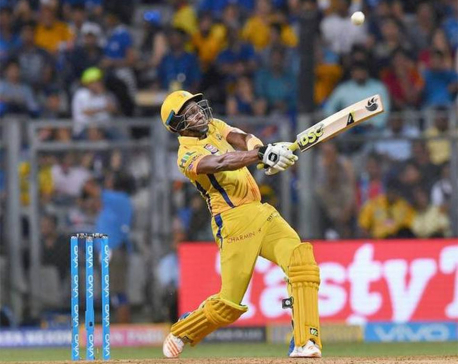
IPL 2018 | Chennai Super Kings vs Mumbai Indians at Wankhede: Bravo Super Kings!
April 8: Dwayne Bravo dashed Mumbai Indians’ hopes with some spectacular hitting off left-arm seamer Mitchell McClenaghan and Jasprit Bumrah... Read More...

Mumbai Indians beat Kings XI Punjab to stay alive in playoffs race
Mumbai Indians beat Kings XI Punjab by three runs to stay alive in the 2018 Indian Premier League (IPL 2018) playoffs race. Read More...

Kathmandu Kings XI restricted to 118 by Bhairahawa Gladiators
KATHMANDU, Dec 20: Great catching by Bhairahawa Gladiators combined with good bowling effort restricted Kathmandu Kings XI for 118 runs in 20... Read More...


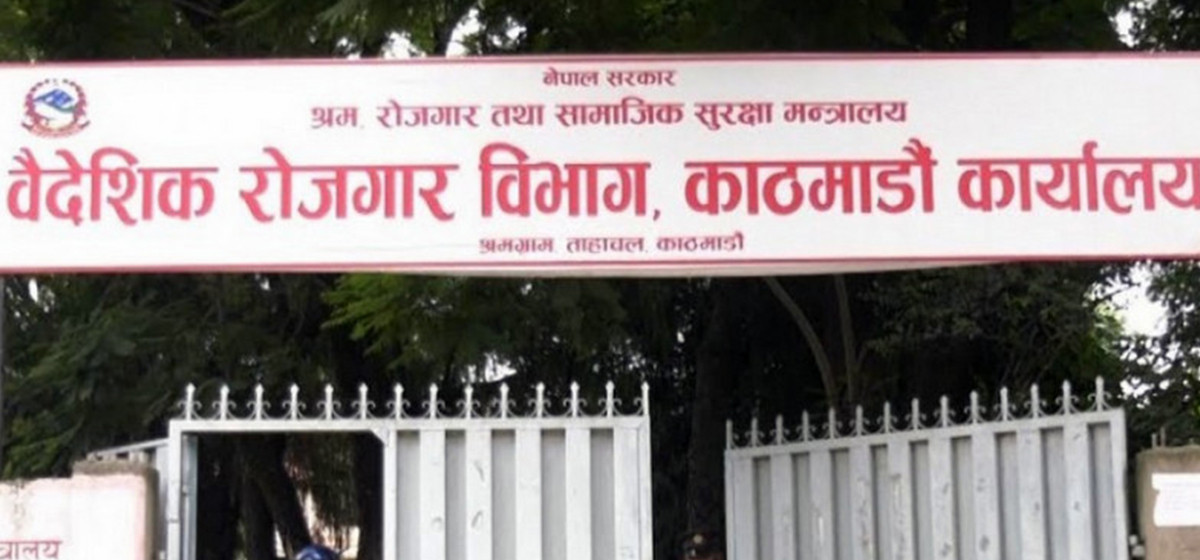
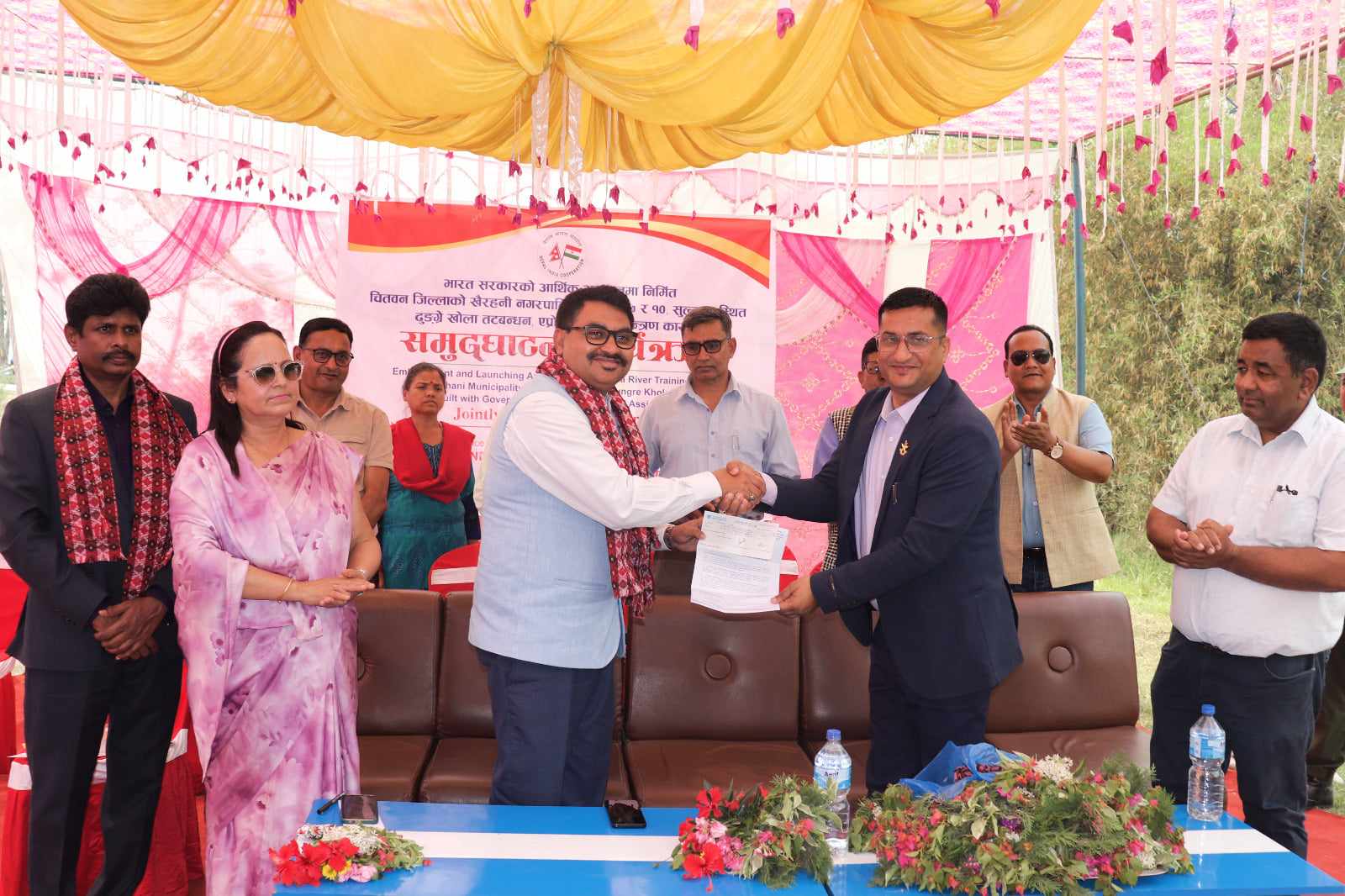
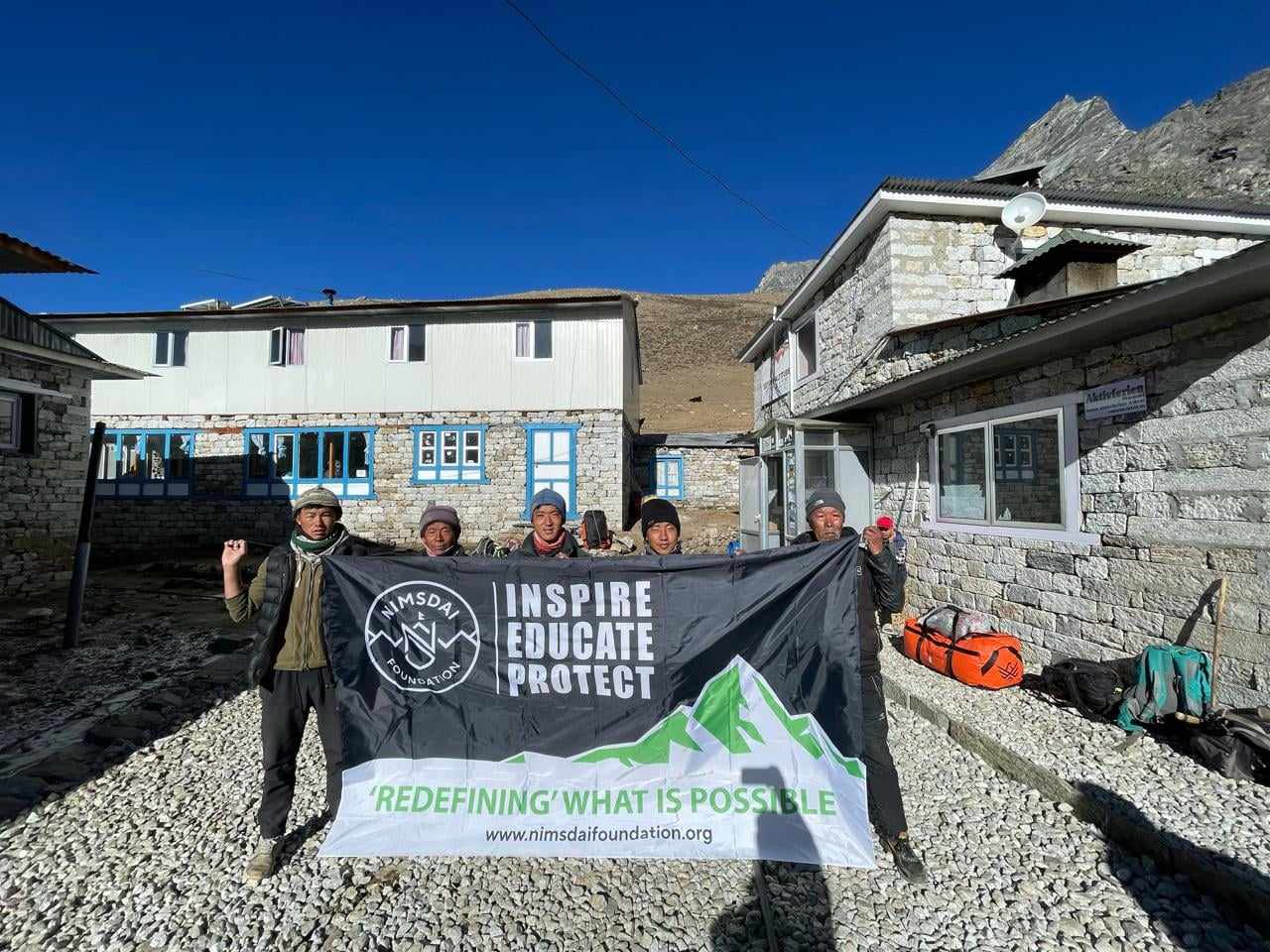
Just In
- DoFE requests relevant parties to provide essential facilities to foreign workers traveling abroad
- Foundation stone laid for building a school in Darchula with Indian financial assistance
- 151 projects to be showcased for FDI in Third Investment Summit
- Police disclose identity of seven individuals arrested with almost 2 kg gold and more than Rs 10 million in cash
- NIMSDAI Foundation collaborates with local govt for Lobuche Porter’s Accommodation Project
- Home Ministry directs recalling security personnel deployed for personal security against existing laws
- Fake Bhutanese refugee case: SC orders continued pre-trial detention for seven individuals including former DPM Rayamajhi
- ADB Vice-President Yang pays courtesy call on PM Dahal












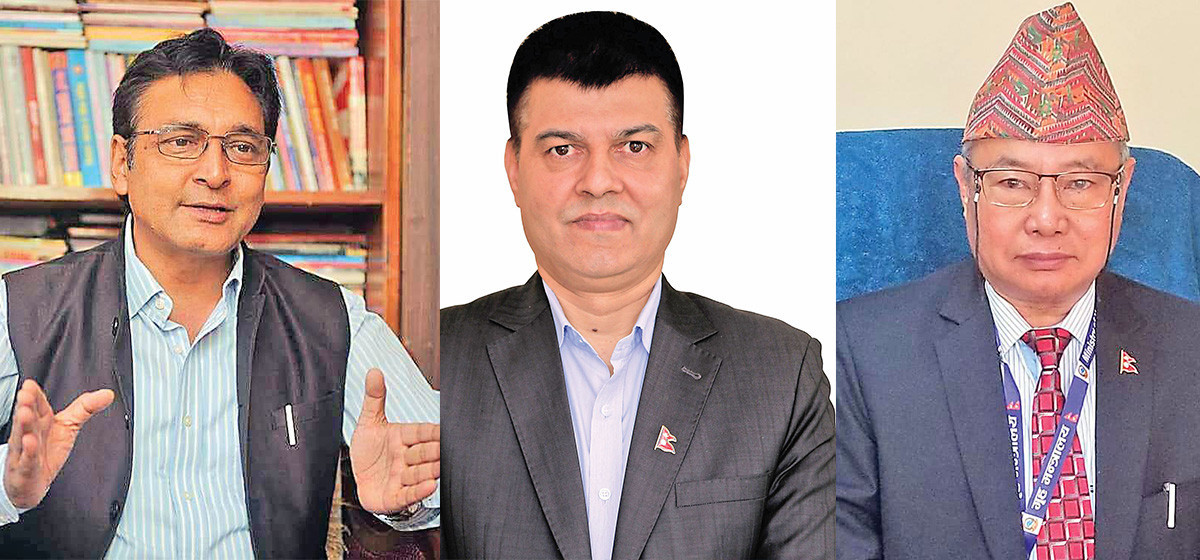
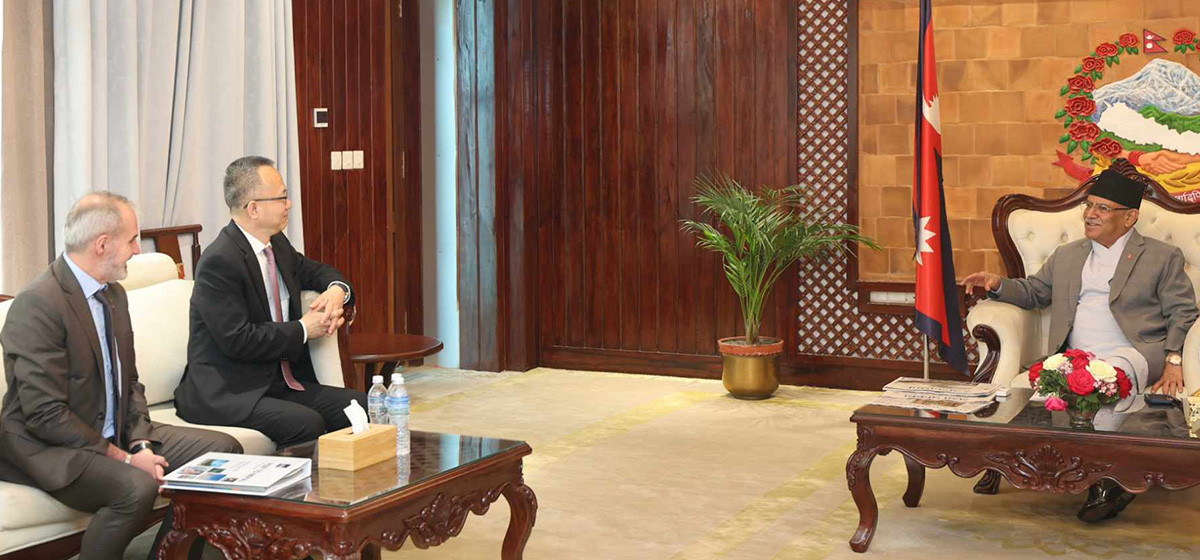
Leave A Comment